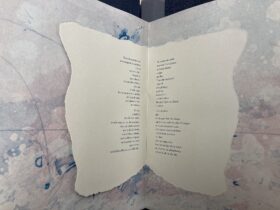The true means of establishing public happiness. : A sermon, delivered on the 7th of July, 1795, before the Connecticut Society of Cincinnati is our featured book for July 2013. This short work (approx. 40 pages) was printed in New Haven, Connecticut in 1795 and sold at the bookstore of I. Beers.
Well known as an author, preacher, and theologian, Timothy Dwight was born May 15, 1752 in Northampton, Massachusetts. The Dwight family had a long association with Yale College, as it was then known. Dwight graduated from Yale in 1769 (when was only 17 years old).
Licensed to preach in 1777, he was appointed by Congress chaplain in General Samuel Holden Parsons’s Connecticut Continental Brigade. He served with distinction, inspiring the troops with his sermons and the stirring war songs he composed, the most famous of which is “Columbia”.

Dwight’s sermon in The true means of establishing public happiness was delivered to the Connecticut Society of Cincinnati – a group made up of former Revolutionary War soldiers. The sermon speaks on the necessity of creating a society free from the “pernicious influence of enormous Wealth, and of extended Conquest.” For, if those tendencies dominate, “the national character becomes tainted, of course, with sickliness and corruption.” The “influence of freedom” has roused mankind “with a returning consciousness of energy and action.” That, combined with “religious education” and the “influence of parents,” may be sufficient to stave off evil.
Special Collections’ copy of The true means of establishing public happiness is disbound. To view it, come to Special Collections located on the second floor of the Glenn G. Bartle Library (off of the North Reading Room).






